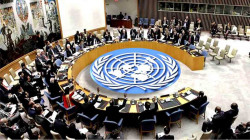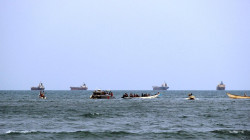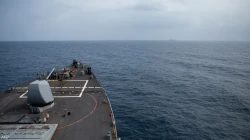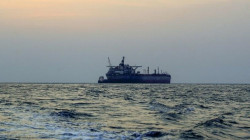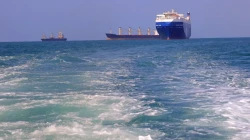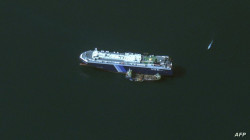Report warns that intercontinental internet cables might be the target of the Houthis
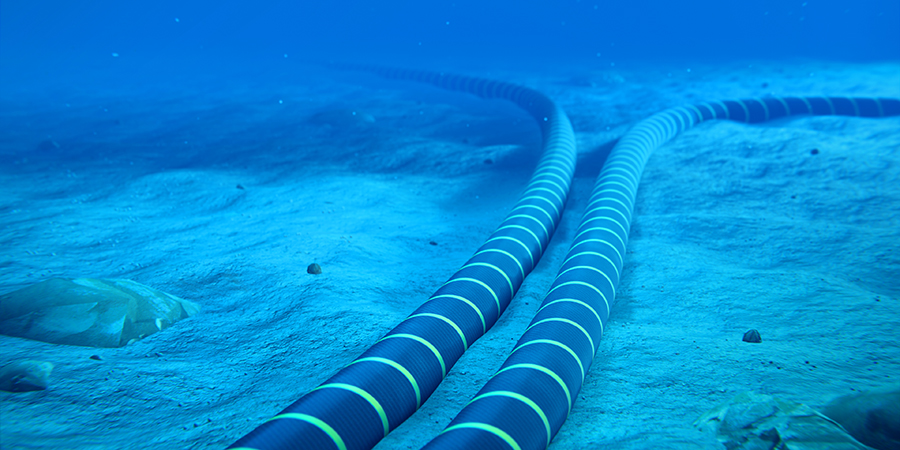
Shafaq News/A report by the Gulf International Forum warned that the Houthi group in Yemen, Ansar Allah, are in possession of a weapon that could drastically change the equation as tension rises in the Middle East in the aftermath of the war in Gaza.
The report suggested that, in the face of escalating confrontations with the U.S.-led naval coalition, the Houthis may target international undersea cables.
According to the report, this vital target could disrupt global communications and economies in a way described as “dangerous.” Despite Western efforts to weaken the Houthi ability to threaten maritime traffic in the Red Sea, they continue to strike commercial ships off the coast of Yemen.
The Houthi group asserts that their attacks target Israeli ships or those affiliated with Israel until the aggression on Gaza ceases and sufficient food and medical aid is allowed to enter.
It also suggested that if the fighting persists, the group may adjust its strategy to target vital communication cable networks under the sea.
On December 24th last year, a Telegram channel linked to the Houthis posted a map illustrating cable networks in the Mediterranean Sea, Red Sea, Arabian Sea, and the Gulf. The accompanying message implied a threat, understanding that the maps depicted international cables connecting regions worldwide.
The report highlighted the strategic location of Yemen, where internet lines connecting entire continents pass nearby and cautioned that if the Gaza conflict escalates across the Middle East, undersea communication cables in the Red Sea might tempt the Houthis and their allies as a soft target.
The report noted that both Hezbollah and Iran-backed groups in Iraq issued statements suggesting they might consider cutting the cables—a new development in the regional conflict.
Many people, both in the Middle East and globally, consider modern conveniences provided by undersea cables as essential, according to the report. These cables serve as a crucial digital infrastructure, handling over 95% of international data and communication flows, including approximately $10 trillion in daily financial transactions.
Tampering with these cables could impede internet access over vast areas in the Gulf, causing significant economic disruptions to entire countries, the report read.
The report expressed particular concern for Gulf Cooperation Council countries and the United States and its allies as damages to the cable could sever military or governmental communications.
It clarified that cables are the only infrastructure capable of accommodating terabytes of military sensor data. The Bab el Mandeb Strait serves as a chokepoint for maritime traffic above the sea surface and is one of three cable chokepoints globally.
Any threat to this infrastructure is a source of special concern for major powers such as China and the United States, competing for control over the cable network, the report highlighted.
The Houthis, according to the report, only lack the technology but the incentive is there. The group primarily engaged in a land war against Saudi Arabia and its allies, failing to develop a highly-trained naval force.
The report suggested that the Houthis lack the necessary submarines to access the cables. However, given time and opportunity, they might adapt some of their naval tactics to target vital communication infrastructure.
The report warned that the shallow waters of the Gulf, with a depth of only 100 meters, reduce the need for high-tech submarines to accomplish the task.
The undersea cable network could be an easy and ideal target for their next attack, a possibility that should raise concerns for all nations relying on this vital infrastructure, it concluded.
